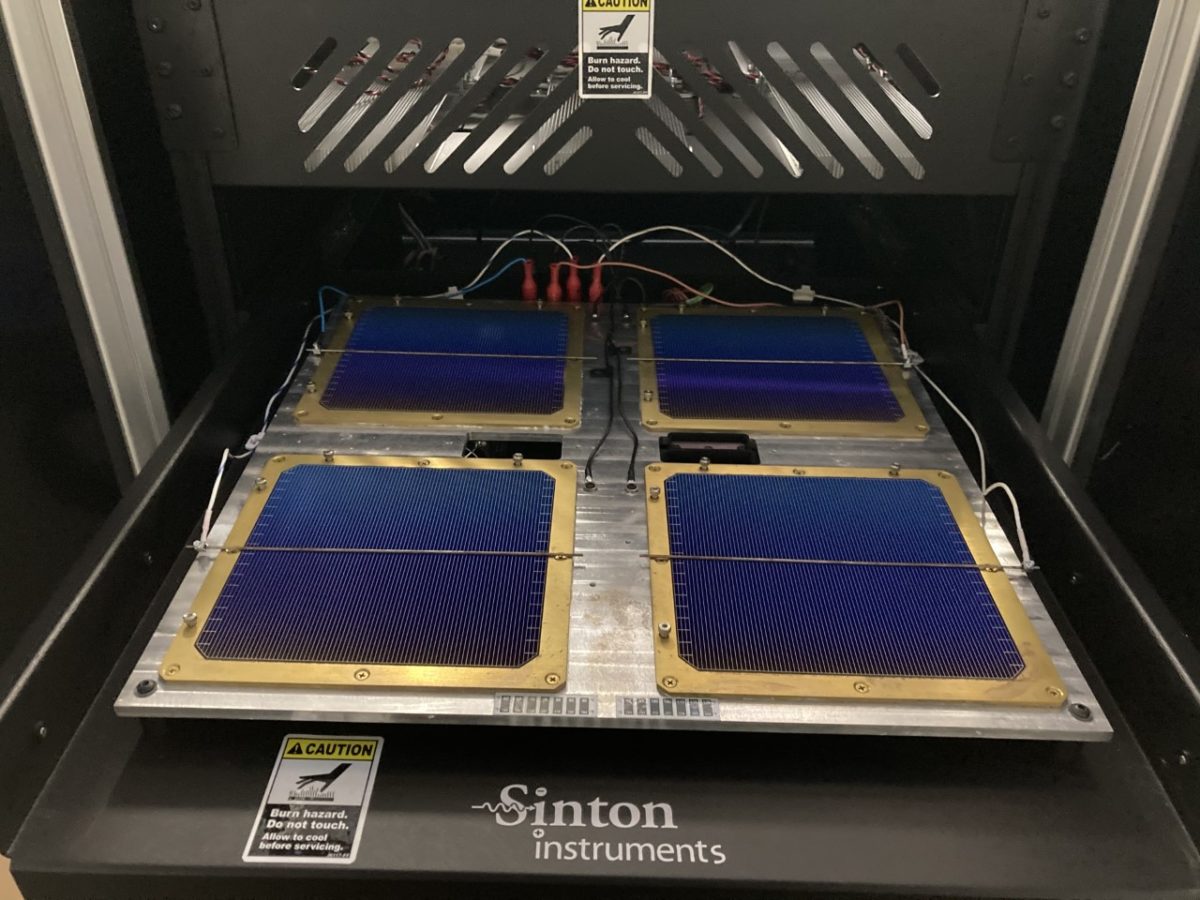An international research group led by Professor Martin Green from the University of New South Wales in Australia has published Version 60 of “Solar cell efficiency tables” in Progress in Photovoltaics.
The scientists said they have added 15 new results to the new version of the tables since January. They also noted that an appendix describes new approaches and terminology.
Since 1993, when the tables were first published, the research group has seen major improvements in all cell categories.
“Copper, indium, gallium and selenium (CIGS) and multijunction cells have seen the most consistent gains, although perovskites have recently seen similar overall gains compressed into a shorter timescale,” Green told pv magazine in an interview last year.
He said that the most important factor for inclusion in the tables is that all results should be independently measured at test centers on the group's list.
“All of our recognized test centers are carefully vetted prior to inclusion on our list and have been involved in round-robin testing with one another, ensuring consistency of measurements to well within the uncertainty estimates included with the published results,” said Green.
The research group includes scientists from the European Commission Joint Research Centre, Germany's Fraunhofer Institute for Solar Energy Systems, Japan's National Institute of Advanced Industrial Science and Technology, the US Department of Energy, and the US National Renewable Energy Laboratory.
This content is protected by copyright and may not be reused. If you want to cooperate with us and would like to reuse some of our content, please contact: editors@pv-magazine.com.




1 comment
By submitting this form you agree to pv magazine using your data for the purposes of publishing your comment.
Your personal data will only be disclosed or otherwise transmitted to third parties for the purposes of spam filtering or if this is necessary for technical maintenance of the website. Any other transfer to third parties will not take place unless this is justified on the basis of applicable data protection regulations or if pv magazine is legally obliged to do so.
You may revoke this consent at any time with effect for the future, in which case your personal data will be deleted immediately. Otherwise, your data will be deleted if pv magazine has processed your request or the purpose of data storage is fulfilled.
Further information on data privacy can be found in our Data Protection Policy.